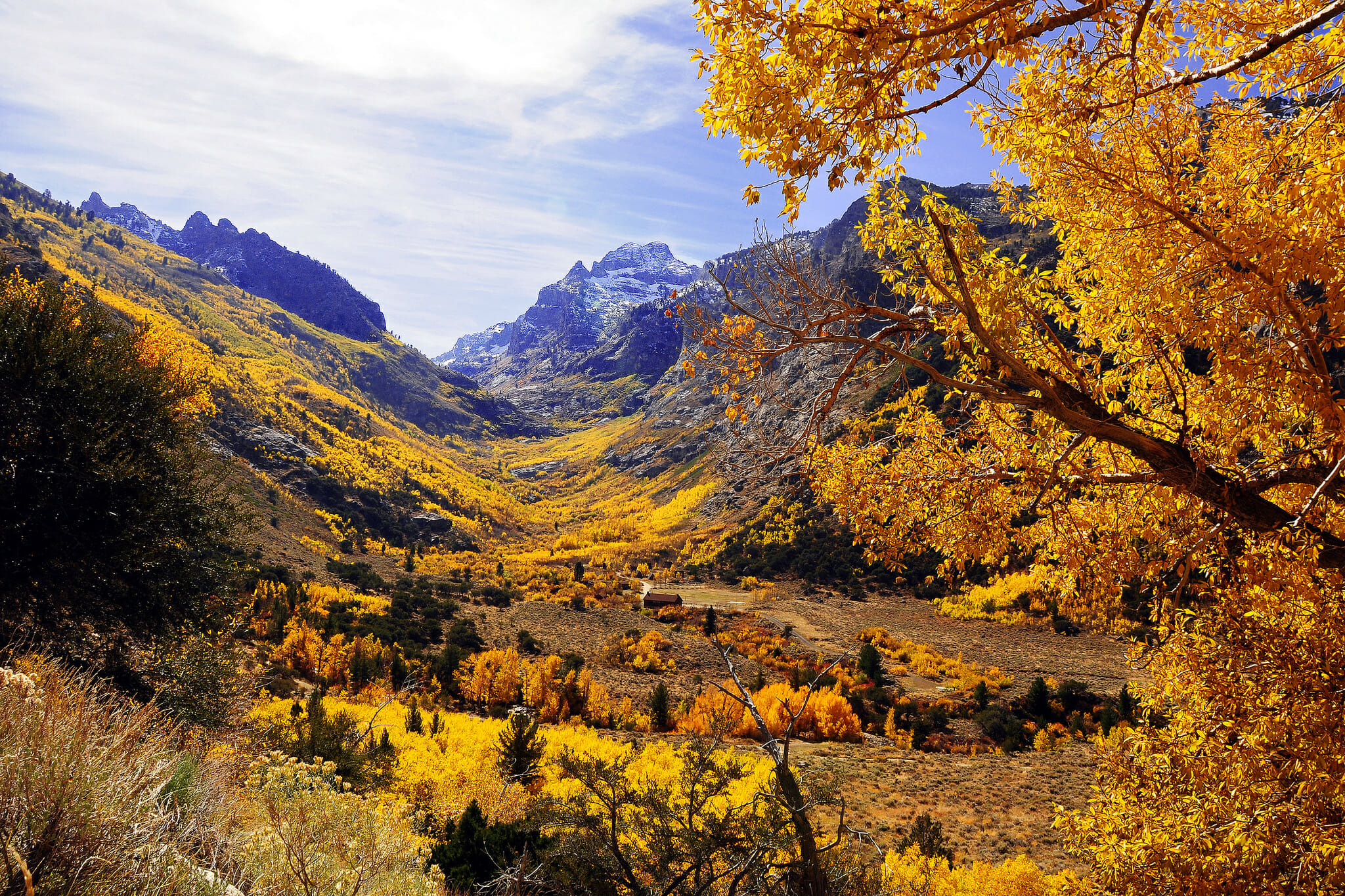Photo: U.S. Forest Service
Drilling in Nevada’s Ruby Mountains? Momentum builds to keep it like it is.
Sometimes referred to as the “Nevada Alps”, the Ruby Mountains are what most mountain ranges want to be when they grow up. Rugged peaks jut nearly a mile into the sky from the valley floor, with Ruby Dome topping the range at 11,387 feet above sea level. Dozens of alpine lakes sparkle like jewels from cirques carved by glaciers and native trout swim in its creeks. The range is home to Nevada’s largest mule deer herd, attracting hunters seeking backcountry solitude and adventure in the rugged mountains.
The Rubies are also the site of a brewing controversy that could bubble over into an all-out battle pitting oil and gas development against wildlife and wild places. But it doesn’t have to be this way.
The Forest Service, which manages the public lands here, received an “expression of interest” for oil and gas drilling on 54,000 acres of the Ruby Mountains, triggering a review to see if this energy development is suitable use of these public lands. Over 13,000 comments were sent to the Forest Service in response to their public notice. Only three were supportive.
Public support for the leasing proposal has been scant and an interim legislative committee on public lands recently voted to send a letter opposing drilling in the Ruby Mountains.
No decision has been made, but it shouldn’t be a difficult decision. The truth is, the Rubies are not a realistic prospect for significant oil and gas resources. On the other hand, they are some of the best hunting, fishing and wildlife habitat in the state.
There are lots of other places to drill on public lands. Currently, the government has leased 25.7 million acres and only half of that land is currently in production. Moreover, in fiscal year 2017 there were 7000 approved permits ready to be drilled. Make no mistake, there is already ample access to develop America’s energy resources. Responsible development means we don’t need to sacrifice more special places like the Ruby Mountains.
The Forest Service can shut the door now on the Ruby drilling proposal. They don’t have to go forward with more studies and give any credence to this dubious proposal and waste tax payer money. With little support for drilling in the Rubies, the agency should just say “NO” and take this off the table for both fiscal and resource concerns.
In other states with oil and gas development, we have seen special places placed off limits to drilling with the support of local communities and public land users: the Wyoming Range in Wyoming, Rocky Mountain Front in Montana, and most recently, the Roan Plateau in Colorado. In these places, public land management agencies and elected officials heeded the call of hunters, anglers, ranchers and outfitters and other public lands users to keep these public lands as they are for future generations by preventing oil and gas development.
The Ruby Mountains deserve no less.



